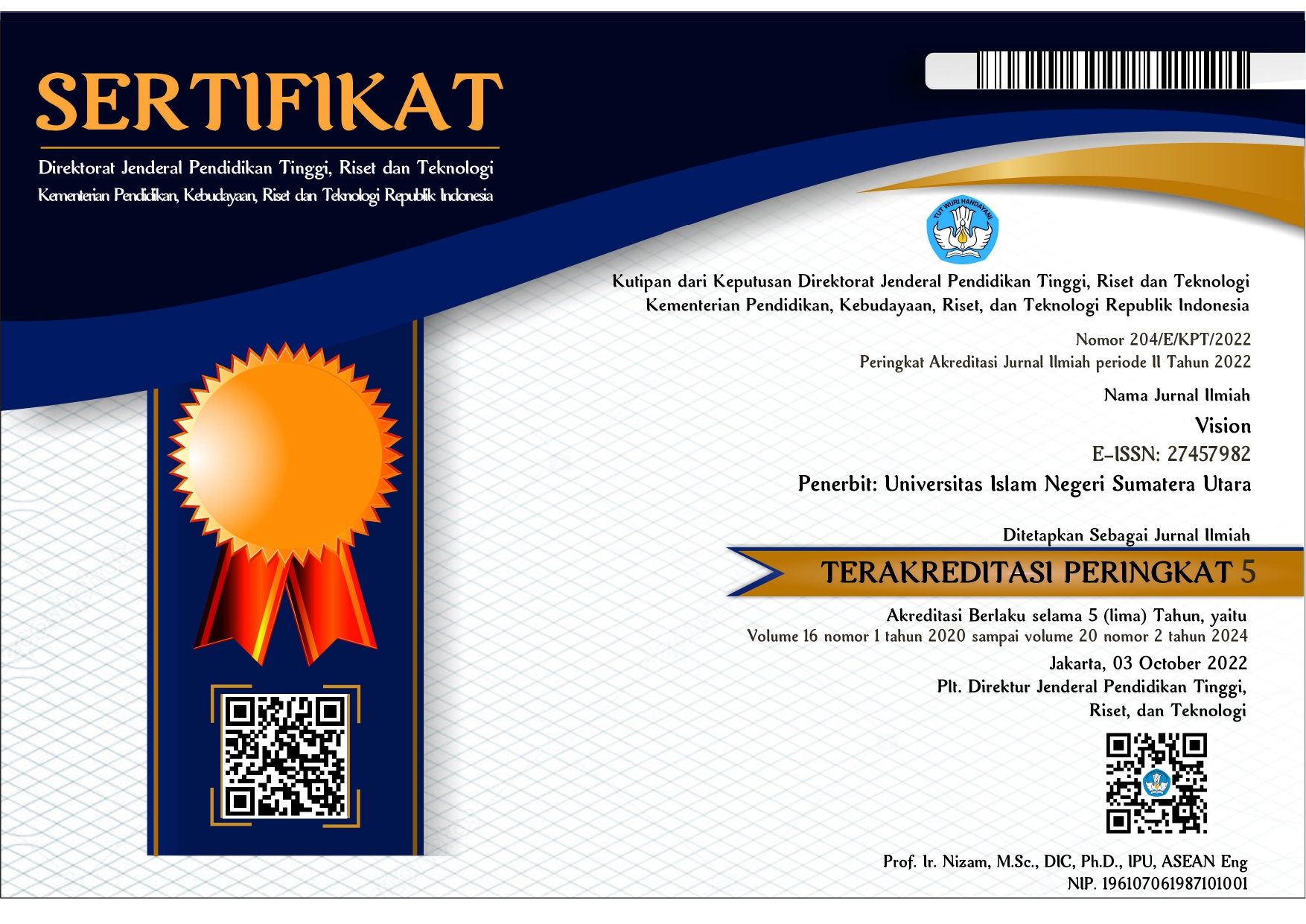THE PYGMALION EFFECT: HOW EXPECTATIONS INFLUENCE TEACHERS’ GRADING DECISION MAKING
Abstract
Full Text:
PDFReferences
Boer, H., Timmermans, A.C., Werf, M. P. C. 2018. The effects of teacher expectation interventions on teachers’ expectations and student achievement: narrative review and metaanalysis.
Educational Research and Evaluation, 24(5), 180-200
Boser, U., Wilhelm, M., Hanna, R. 2014. The Power of the Pygmalion Effect: Teachers Expectations Strongly Predict College Completion. Center for American Progress, 1-7
Chang, J. 2011. A Case Study of the “Pygmalion Effect”: Teacher Expectations and Student Achievement. International Education Studies. 4(1), 198-201
Isnawati, I., Saukah, A. 2017. Teachers’ Grading Decision Making. Teflin Journal. 28(2), 155169
Niari, M., Manousou, E., Lionarakis, A. 2016. The Pygmalion Effect In Distance Learning: A Case Study At The Hellenic Open University. European Journal of Open, Distance and eLearning. 19(1), 36-52
Olivia, N. S. 1991. Teacher Expectations of Students’ Performance: a Review of the Research, Early Child Development and Care. 76(1), 27-41
Papageorge, N., Gershenson, S. 2016 Sep 16. Do Teacher Expectations Matter? Brown Center Chalkboard
Wang, M., Chai, J. 2016. The Application of Pygmalion Effect in Classroom Education. International Conference on Arts, Design and Contemporary Education. China: 980-982
Workman, E. 2012. Teacher Expectations of Students. The Progress of Education Reform. 13(6), 1-7
DOI: http://dx.doi.org/10.30829/vis.v16i1.711
Refbacks
- There are currently no refbacks.
Copyright (c) 2020 VISION
















